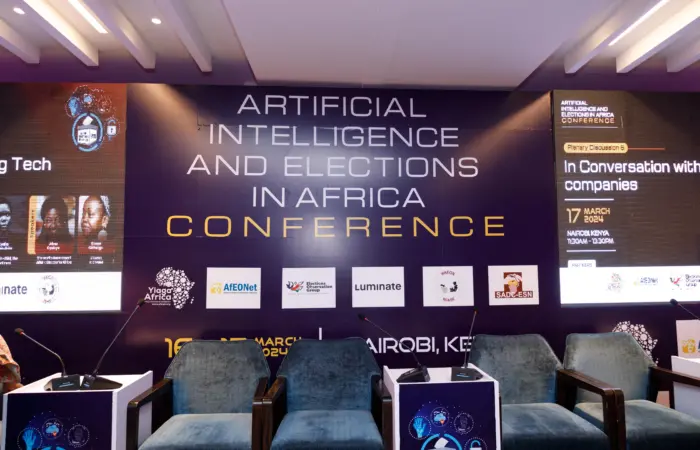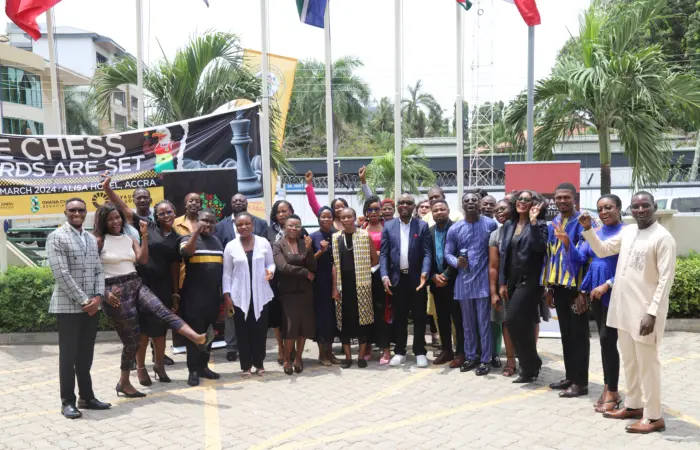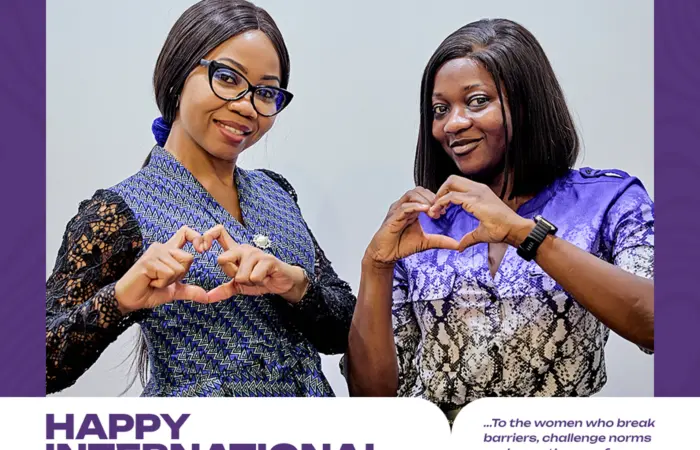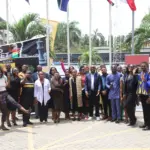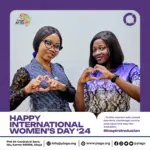The just concluded Ekiti Governorship Election as expected has taken centre stage in Nigeria’s electoral discourse in recent times. The elections no doubt lived up to its pre-election hype partly due to the shared history between the flag bearers of both parties and the incumbent Governor.
Tensions are running high in the country due to the current political landscape with a lot of plotting and planning among the prominent parties and news of pending coalitions. Therefore, the Ekiti Election was expected to be a test of might be between the two prominent parties in the country.
The Ekiti Elections was a litmus test for the upgraded Smart Card readers to be used by Independent National Electoral Commission (INEC) which was an improvement for the 2015 election where the public perceived that there was a lot of disenfranchisement due to the use of the smart card readers.
Prior to the election, there were various allegations and counter allegations of plans for electoral malpractice. Furthermore, there was the issue of the heavy security presence deployed to the state ahead of the elections. While the Federal Government maintained that it was to provide the much-needed security, some camps opined that it was a show of Federal might and misplaced priorities especially because there had been killings and insurgency in some parts of Nigeria and deploying security personnel there was more of a priority.
In the end, the election was held on July 14th 2018 and based on the Verification Statement of YIAGA AFRICA’s Watching the Vote, the conduct of INEC in the election was commendable save a few critical incidences.
The discourse that followed this election seemed more intense than the pre-election environment as there was public outcry concerning blatant and overt voter inducement allegedly carried out by the major political parties in the election.
Despite INEC announcing the results, the citizens believed the rate of vote buying should have invalidated the election because it would have manifestly affected the outcome of the election, though most of the evidence for such allegations has been considered anecdotal by certain observer groups. A coalition of observer groups has also come out to condemn the election based on these allegations.
Sequel to this, the party primary elections for the upcoming Osun Governorship election were recently held and the process was recorded as being peaceful though issues of voter inducement were also reported. While APC and SDP opted for the direct system of Primary Elections (where part members can vote for candidates of their choice), PDP maintained the indirect (delegate) system.
Against this backdrop, there are very salient issues that need to be addressed ahead of the upcoming Osun Governorship elections as well as the 2019 General Elections. There is need to restore the faith of citizens in the Electoral Commission thereby reduce voter apathy ahead of 2019 elections. Irrespective of the various upgrades and improvements made by INEC which were evident in the execution of the election, there are still allegations of collusion between INEC and the ruling party. This has gone ahead to reduce the confidence of the electorate in the Election Management Body (INEC) which is not good for our democracy.
Similarly, there is need to fathom a way to curb the trend of voter inducement in elections. It has become obvious that the upgrades made by INEC have made it difficult for election malpractice, thus financial inducement has become the alternative. However, this cannot be allowed to continue as it makes a mockery of our democracy.
More so, how can voter turnout be encouraged? Recent statistics by YIAGA AFRICA’s Watching The Vote, shows a slight increase on voter turnout from recent elections but there is still room for improvement.
Even though observer groups had a decent outing, there is need to standardize election observation to ensure that reports received from the field do not confuse the public and reflect the truth of what is happening in near real time. Furthermore, such reports should not undermine the powers of INEC to announce election results or preempt the results knowingly or unknowingly. This was a major issue as the picture that was being painted on social media by certain groups and individuals concerning the results being announced at the polling units differed from what was officially announced by INEC.
Plangret is a Zonal Program Officer with YIAGA AFRICA’s Watching The Vote
You reach her via Plangretdabup@yahoo.com
Or @MrsDabzz on twitter

